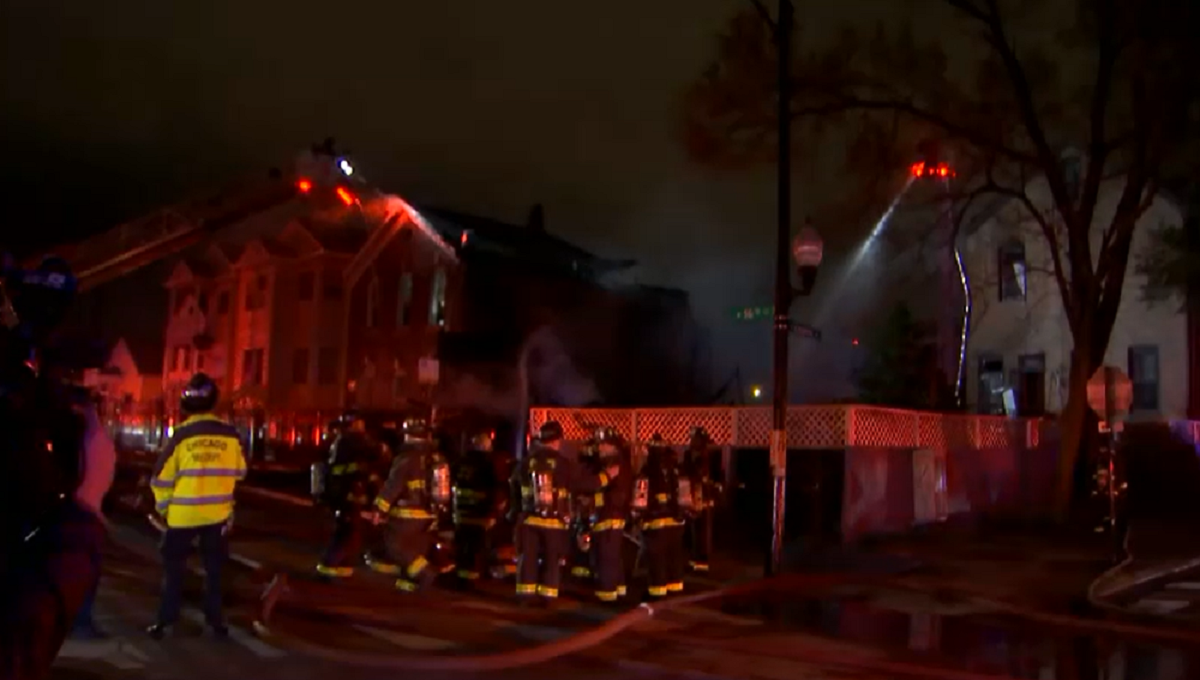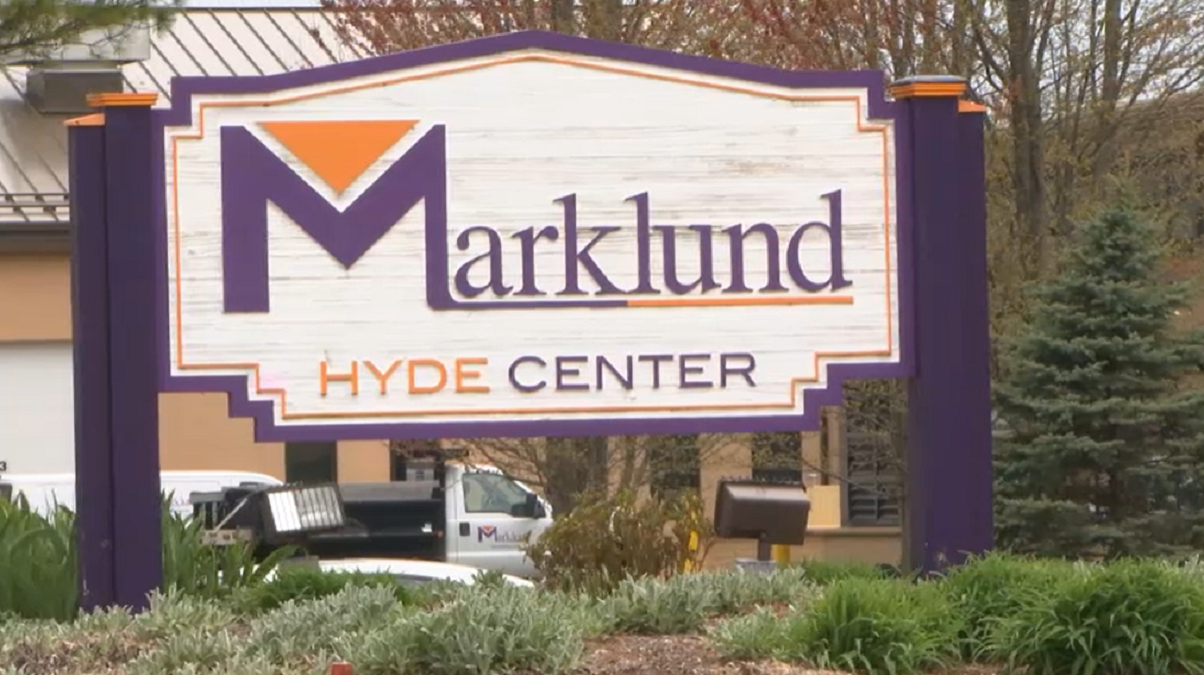Mobile food cart vendors in Chicago are one step closer to operating without fear of being ticketed by police.
The city licensing committee on Wednesday unanimously passed an ordinance that would legalize mobile food cart vending. The ordinance goes before the entire City Council of Chicago next Thursday.
Licensed food cart vendors would be required to pay for permits, prepare their food in licensed kitchens and be open to inspections.
Food cart vendors who operate illegally in Chicago’s “hidden economy” gathered at City Hall to voice their support for the passage of the ordinance. The vendors have faced opposition in the past from critics who were not in favor of carts operating close to brick-and-mortar businesses.
NBC 5 Investigates filed an open records request and learned since 2013, Chicago police have issued 2,106 citations to mobile vendors and peddlers. The citations include tickets written for food and non-food merchandise. Based on the current fine structure, the tickets would have generated approximately $406,750 if all of them were paid.
Daniel Trejo, who sells tortas on the city’s north side, said he paid a $500 fine after being ticketed for illegal food vending last year. He and other vendors said they are willing to pay taxes in order to legitimize their business.
“I’m really bringing good food to good people (and) making clean money,” said vendor Daniel Trejo.
Local
The vendors were joined by members of Illinois Policy Institute, which released a report that found the legalization of food carts in Chicago would result in between 2,145 and 9,435 new jobs in the city and between $2.1 million to $8.5 million in new city and county sales tax revenue.
Alderman Roberto Maldonado, 26th ward, said legalized mobile food vending would be a “win-win” for vendors and the city.
“This is one group that they want to be regulated,” Maldonado said. “This is one group that they want to abide by the law and pay taxes, which now they don’t pay because it’s an illegal activity.”



